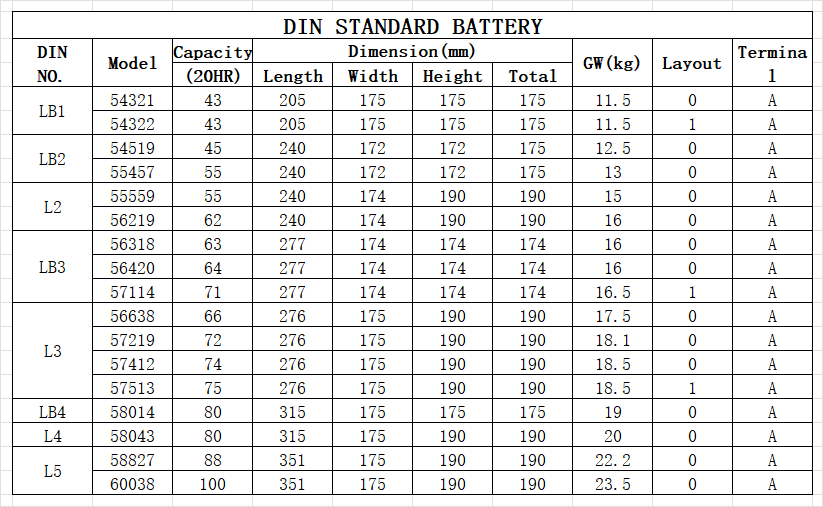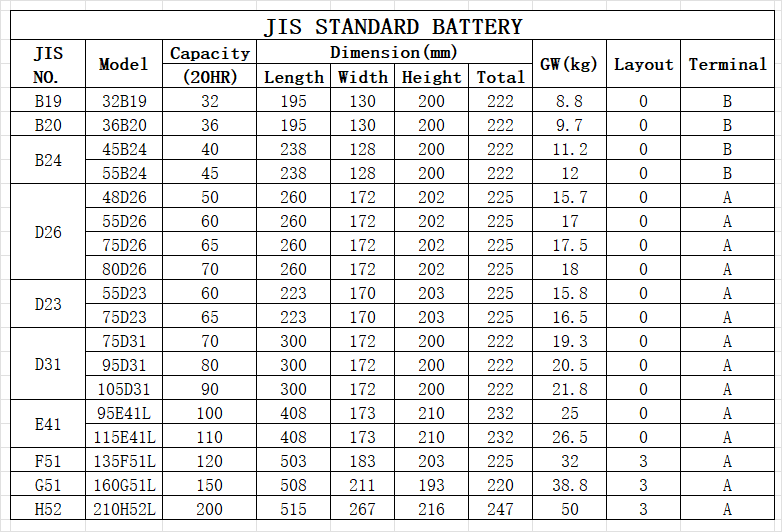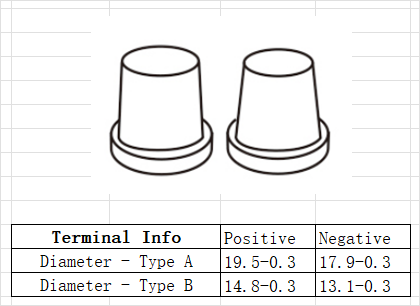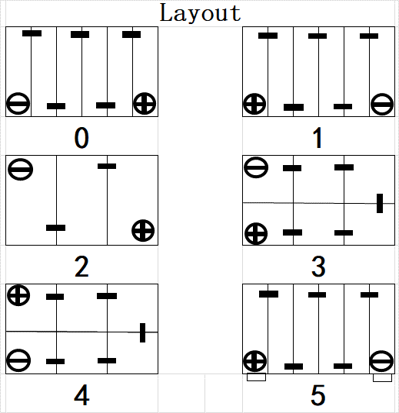Email format error
Email cannot be empty
Email already exists
6-20 characters(letters plus numbers only)
The password is inconsistent
Please enter the email address you’d like your password reset information sent to.
Email format error
Email cannot be empty
Email does not exist
Reset account password
For the account
6-20 characters(letters plus numbers only)
The password is inconsistent
Reset success
Your password was reset. You can log in using your new password.
Login

Starting Battery Guidance
Starting Battery Guidance
(4)A starting battery (also known as a cranking battery) is a type of battery designed specifically to deliver a high burst of power over a short period, which is necessary to start an internal combustion engine. These batteries are commonly used in vehicles, boats, and other equipment where the primary function is to start an engine rather than to provide long-term power.
Short Burst of Energy: They deliver a quick burst of high power, which is essential for turning over the engine and initiating combustion.
Thin Plates: The internal structure of a starting battery features thin plates, which maximize the surface area and enable rapid discharge of energy.
Quick Recharge: After starting the engine, the vehicle's alternator or charging system recharges the battery quickly.
Limited Deep-Cycle Use: Unlike deep-cycle batteries, starting batteries are not designed to be deeply discharged and recharged repeatedly. Regular deep discharging can significantly reduce their lifespan.
Boats: Marine starting batteries are used to start the engines on boats, where reliable cranking power is essential.
ATVs and Motorcycles: Smaller starting batteries are used in all-terrain vehicles (ATVs) and motorcycles to start their engines.
Generators: Portable generators often use starting batteries to initiate the engine.
Lawn Mowers: Ride-on mowers and other small-engine equipment also use starting batteries.
Key Characteristics of Starting Batteries
High Cranking Power: Starting batteries are designed to provide a large amount of current (measured in cold cranking amps, or CCA) over a short time to start the engine, especially in cold conditions.Short Burst of Energy: They deliver a quick burst of high power, which is essential for turning over the engine and initiating combustion.
Thin Plates: The internal structure of a starting battery features thin plates, which maximize the surface area and enable rapid discharge of energy.
Quick Recharge: After starting the engine, the vehicle's alternator or charging system recharges the battery quickly.
Limited Deep-Cycle Use: Unlike deep-cycle batteries, starting batteries are not designed to be deeply discharged and recharged repeatedly. Regular deep discharging can significantly reduce their lifespan.
Common Applications
Automobiles: Most cars, trucks, and motorcycles use starting batteries to power the starter motor and ignition system.Boats: Marine starting batteries are used to start the engines on boats, where reliable cranking power is essential.
ATVs and Motorcycles: Smaller starting batteries are used in all-terrain vehicles (ATVs) and motorcycles to start their engines.
Generators: Portable generators often use starting batteries to initiate the engine.
Lawn Mowers: Ride-on mowers and other small-engine equipment also use starting batteries.
Sort by:
All Products
Contact us
PRODUCT TAGS





